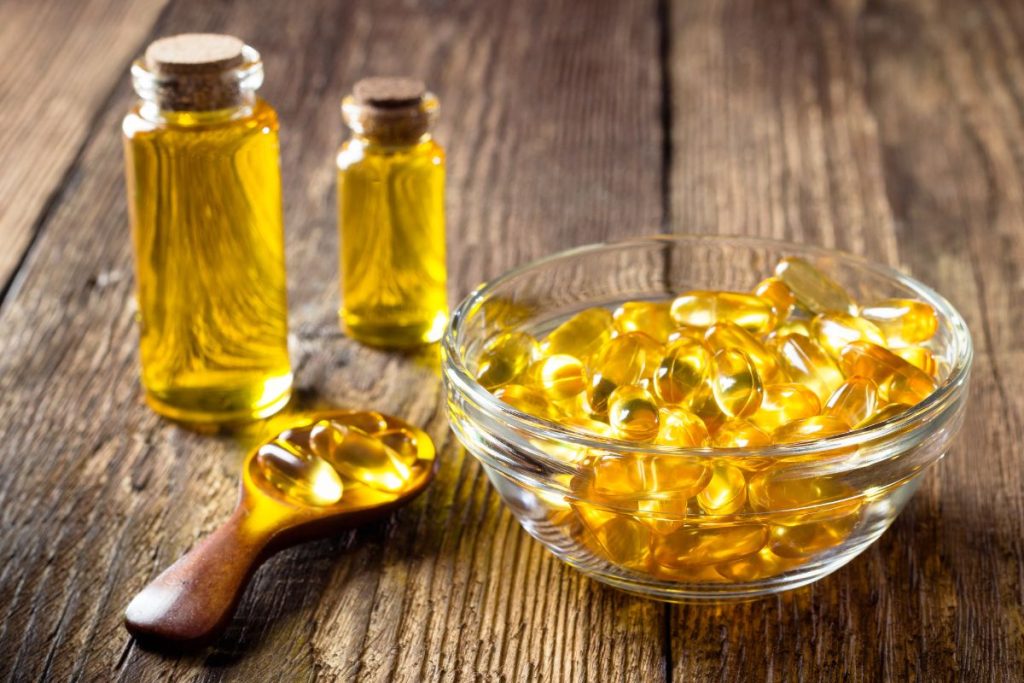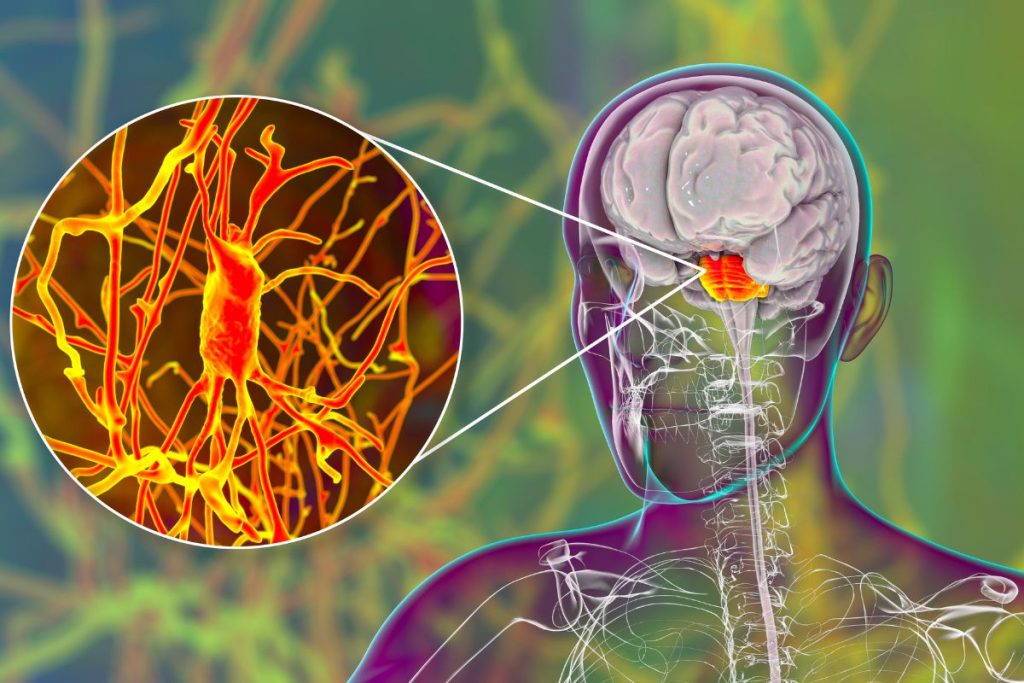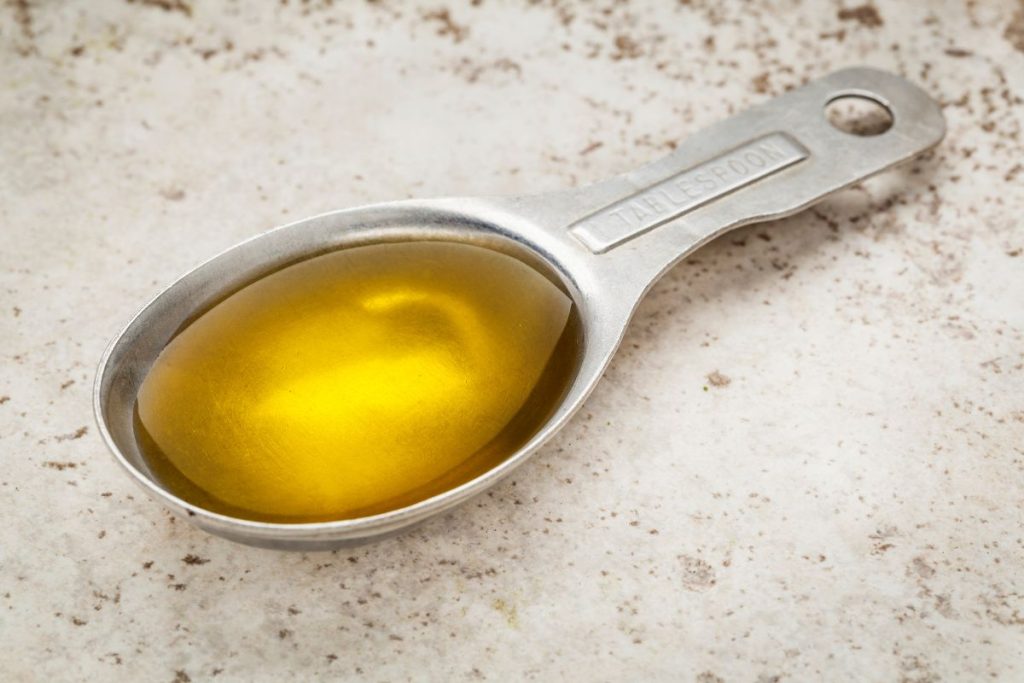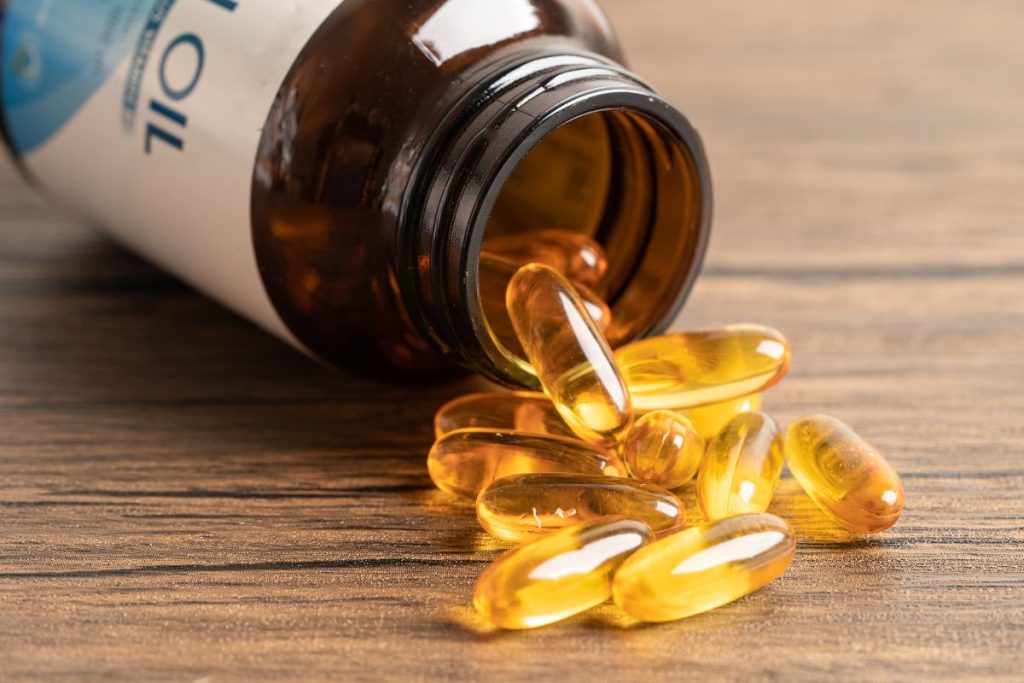Best Omega 3 Supplements That Help Kids With ADHD Focus Better Every Day

Last Updated on May 29, 2024 by Lauretta Iyamu, PharmD
Attention Deficit Hyperactivity Disorder (ADHD) affects both kids and adults. Finding the right treatment can be tough, but recent studies show that omega-3 fatty acids in fish oil supplements might help. In this article, you will learn about the best omega-3 supplements for ADHD, how they work, the best dosages, and how to choose high-quality products.
What Are Omega-3 Fatty Acids?

Omega-3 fatty acids are important fats that your body cannot make alone. You need to get them through food or supplements. Omega-3s can improve brain health by helping brain cells communicate better.
The three main types of omega-3s are:
- Eicosapentaenoic Acid (EPA)
- Docosahexaenoic Acid (DHA)
- Alpha-Linolenic Acid (ALA)
EPA and DHA, found mostly in fish oil, are essential fatty acids that are great for brain health and development.
Omega-3s in Brain Health

Omega-3s help keep your brain cell membranes flexible, which is important for cell communication.
This means they help your brain cells communicate with each other better.
As highlighted in this study, research shows that omega-3s can improve brain function and mental health.
Improved brain health can lead to better memory and focus, which are crucial for managing ADHD symptoms.
Omega-3s and ADHD

Many studies have looked at how omega-3 supplements affect ADHD symptoms.
A 2017 review found that omega-3s improved attention, hyperactivity, impulsiveness, and working memory in children diagnosed with ADHD.
These findings suggest that omega-3 fatty acids could effectively treat ADHD symptoms.
EPA and DHA

EPA and DHA are the most effective omega-3s for ADHD.
A 2018 study showed that children who took omega-3/6 supplements had better improvements in emotional problems, attention, hyperactivity, and impulsiveness compared to a placebo group.
Further research in the Journal of Nutritional Science and Vitaminology supports these findings, highlighting the benefits of EPA and DHA for brain function and behavior.
This in-depth research shows the potential of fish oil supplements for managing ADHD.
Dosages for Omega-3 in ADHD

The best dosage for omega-3s in ADHD seems to be around 500–1000 mg of combined EPA and DHA per day.
More research found that even higher doses, like 1.2g of EPA and 800mg of DHA, worked well.
It’s important to follow the recommended dose to get the best results and avoid the risk of any side effects.
When Should I See a Doctor?

Although omega-3s are usually safe, high doses can interact with some medications.
It’s a good idea to talk to your doctor before starting any new supplement, especially for children.
A healthcare professional can give personalized advice and ensure the supplementation is right for your needs.
How to Choose High-Quality Fish Oil Supplements

When picking an omega-3 supplement, it’s important to choose products that have been tested by a third party.
Look for certifications from reputable organizations. Third-party testing ensures that the fish oil supplements are free from contaminants and accurately labeled.
Top Omega-3 Supplement Brands
Some of the best brands for high-quality omega-3 supplements include:
These brands are known for their rigorous testing and high-quality ingredients, making them reliable choices for omega-3 supplementation.
Liquid vs. Capsule Forms
Both liquid and capsule forms of omega-3 supplements work well.
The choice between them usually depends on your personal preference and how easy they are to use.
Liquid forms might be more suitable for kids or those with trouble swallowing pills, while capsules are convenient and mess-free.
Omega-3 Supplements: Benefits Beyond ADHD
Health Benefits
Omega-3 fatty acids offer many health benefits besides helping with ADHD. They are known to support:
- Improved blood flow to the heart
- Reduce inflammation
- Improve mood.
Adding omega-3s to your diet or taking them as supplements can help your overall well-being.
Omega-3s also play a role in reducing anxiety and promoting better cognitive function, which can be beneficial for both adults and children with ADHD.
Potential Side Effects and Interactions
While omega-3s are generally safe, high doses can cause side effects like stomach upset.
They can also interact with blood-thinning medications, so talking to your healthcare provider before starting them is important.
Ensure that the supplements are mercury-free to avoid potential toxicity from heavy metals.
Wrapping Up
Omega-3 fatty acids, especially EPA and DHA from fish oil, have shown great potential in managing ADHD symptoms. By choosing high-quality supplements and consulting healthcare providers, you might see improvements in attention, hyperactivity, and impulsiveness. Adding omega-3s to a comprehensive treatment plan can benefit brain health and overall well-being.
FAQ Section
Which Omega-3 is good for ADHD?
The best omega-3s for ADHD are EPA and DHA, which are found in fish oil supplements. These essential fatty acids have been shown to improve ADHD symptoms like inattention, hyperactivity, and impulsiveness. Fish oil supplements containing a higher ratio of EPA to DHA are often recommended for treating ADHD.
How Fast Does Omega-3 Work for ADHD?
The effects of omega-3 supplements on ADHD symptoms can vary. Some people may start noticing improvements within a few weeks, while others might take a few months. Consistent use is key. Being patient and maintaining regular supplementation is important to achieve the best results.
What is the most effective vitamin for ADHD?
Apart from omega-3 fatty acids, other vitamins and minerals like magnesium, zinc, and iron have also been found to help manage ADHD symptoms. However, omega-3s are among the most researched and effective. A balanced diet with these nutrients can support overall brain health and improve ADHD symptoms.
What Are the Side Effects of Omega-3 for ADHD?
Omega-3 supplements are generally safe, but some people may experience mild side effects like stomach upset, a fishy aftertaste, or diarrhea. It’s important to consult a healthcare professional before starting any new supplement. Ensure the supplements are of high quality and follow the recommended form and dose to help minimize side effects.
References
- The Role of Vitamins and Minerals in Energy Metabolism and Well-Being. Journal of Nutritional Science and Vitaminology, vol. 65, no. 4, 2019, pp. 228–240.
- Omega-3 and 6 supplementation in ADHD. NCBI, www.ncbi.nlm.nih.gov/pmc/articles/PMC6835717/.



